Scientists, engineers, and health professionals have a unique role to play in promoting human right. These resources are designed to help facilitate such actions as using your expertise to help address human rights challenges, highlighting the importance of free speech for your work, and integrating human rights into your teaching.
The Committee on Human Rights (CHR) has developed a collection of web resources that provides information about how scientists, engineers, and health professionals can promote human rights. The content in these resources may not represent the views of the institution.
1) Highlight the Importance of Free Speech and the Dangers of Political Censorship for Your Work
Resources
Resources
UNESCO has established a Programme on the Promotion of Scientific Freedom and the Safety of Scientists, with the goal of contributing to an open and safe scientific ecosystem that encourages the generation and free flow of ideas. The programme is meant to help deliver on the provisions of UNESCO’s 2017 Recommendation on Science and Scientific Researchers, which commits Member States to create enabling science ecosystems that allow scientists and science to flourish.

During a National Academy of Sciences Annual Meeting, Dr. Homa Hoodfar, Emerita Professor of Anthropology at Concordia University, presented on the importance of academic freedom. Since being detained in an Iranian prison on charges related to her academic work, Dr. Hoodfar has focused on examining the complexities of academic freedom. To learn more, read an excerpt of her remarks on academic freedom as a transnational right, given at a Congress of the Humanities and Social Sciences.
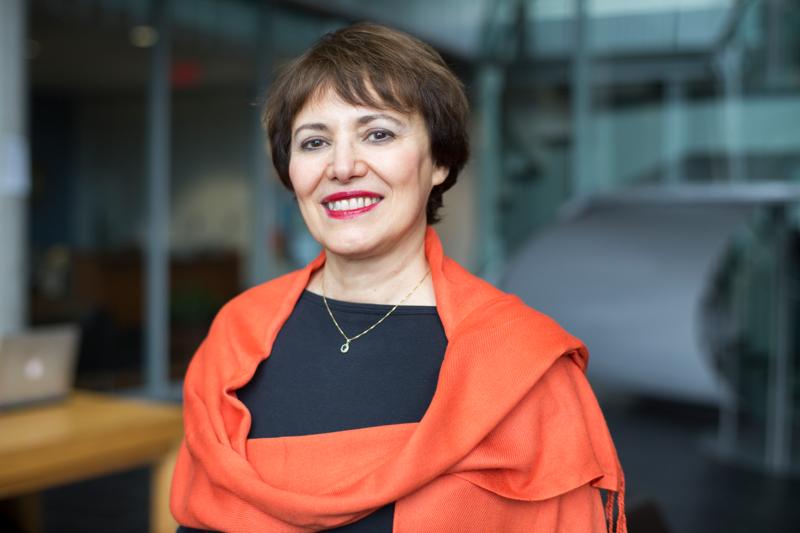
At the 153rd Annual Meeting of the National Academy of Sciences, Dr. Lisa Anderson, a political scientist and recent past President of the American University in Cairo, presented on issues surrounding academic freedom. Dr. Anderson offers her thoughts on how to respond to threats to academic freedom in her article, Academic Freedom in a Globalized World, adapted from her remarks at the meeting and published in Science & Diplomacy.
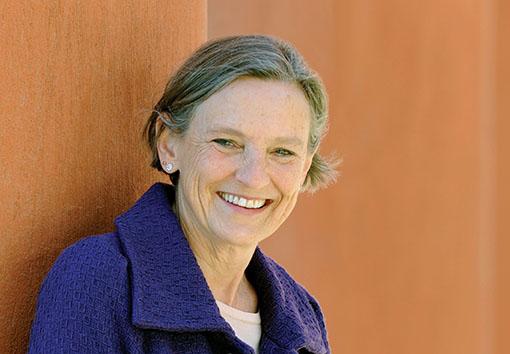
2) Use your Expertise to Help Address Human Rights Challenges
Resources
The American Association for the Advancement of Science (AAAS)'s On-Call Scientists Program connects scientists, engineers, and health professionals with human rights organizations in need of technical expertise. Forms of assistance include designing surveys, analyzing research findings, and answering questions about methodology.
Doctors Without Borders (MSF) is an independent international humanitarian organization that delivers emergency medical aid to people affected by armed conflict, epidemics, natural and man-made disasters, and exclusion from healthcare in more than 60 countries around the world.
Engineers Without Borders USA (EWB) offers a variety of ways for engineers to volunteer time and skills. Becoming a member of EWB-USA provides access to volunteering activities which range from field work in developing countries to domestic mentoring opportunities. For engineers not based in the United States, visit Engineers Without Borders International's site.
Physicians for Human Rights (PHR) Asylum Program consists of health professionals throughout the U.S. who offer pro bono forensic evaluations in order to document evidence of torture and other human rights abuses for individuals fleeing persecution in their home countries.
Opportunities for...
Opportunities for...
Professor Fredy Peccerelli and his colleagues use forensic anthropology, including archaeology and DNA analysis, to help locate, identify, and find justice for the victims of Guatemala's 36-year conflict. In addition to his work in Guatemala, Prof. Peccerelli has conducted exhumations of mass graves in Bosnia and Herzegovina. Watch his TED talk to hear about how Prof. Peccerelli and his team use DNA, archaeology, and storytelling to help families find the bodies of their loved ones. Read this article in The New York Times to learn about the work of his organization: the Forensic Anthropology Foundation of Guatemala.
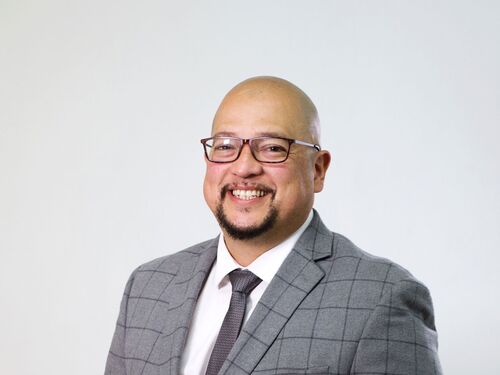
Dr. Jose Torero, Director of the Center for Disaster Resilience at the University of Maryland, uses his expertise in fire protection engineering to promote human rights by investigating high-profile fires and explosions, such as those at the Grenfell Tower in London and the Sago Mine in West Virginia. Dr. Torero has emphasized the need for human rights organizations to understand the science behind human rights investigations and the value experts can add to investigations by offering their technical analyses. Learn more about his work by reading this article in Science magazine and and his profile on the CHR's website.
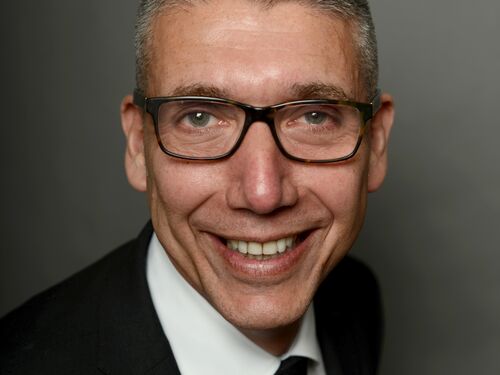
Dr. Ranit Mishori uses her expertise as a family physician to treat forced migrants, and to perform asylum evaluations and teach students and residents about the care of asylees and torture survivors as the faculty leader of Georgetown University’s Asylum Program. Dr. Mishori is also a longtime volunteer for Physicians for Human Rights’ asylum program and an expert consultant for PHR’s Program on Sexual Violence in Conflict Zones. Watch this video of Dr. Mishori discussing the health needs of refugees and read her op-ed in the Washington Post on why doctors should study human rights.

3) Host a Discussion on Human Rights and/or Integrate Human Rights into your Teaching
The American Chemical Society hosted a symposium, "Chemical Sciences and Human Rights". The symposium featured a presentation by Dr. Jeffrey H. Toney, Ph.D., Provost and Vice President for Academic Affairs, Kean University, which focused on how to integrate human rights into the work of chemists. Visit the American Chemical Society's website to learn more and watch a webinar based on Dr. Toney's presentation here.
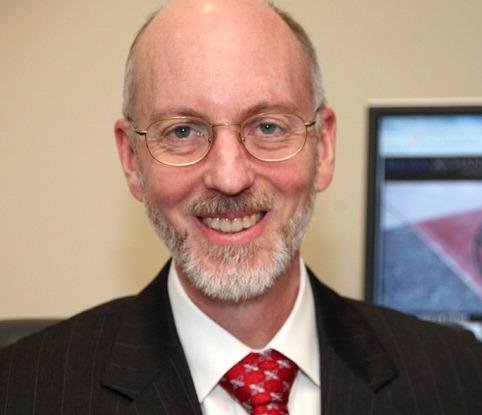
During a Committee on Human Rights briefing at a National Academy of Sciences' annual meeting, Mr. John Scott-Railton of The Citizen Lab at the University of Toronto spoke. Watch an interview with Mr. Scott-Railton held after the briefing and read a summary of his work.

During a meeting of the Committee on Human Rights of the National Academies of Sciences, Engineering, and Medicine, Dr. Kate Porterfield of the Bellevue/NYU Program for Survivors of Torture presented on the impact of psychological torture. Watch this Question & Answer video with Dr. Porterfield on providing mental health care for torture survivors.
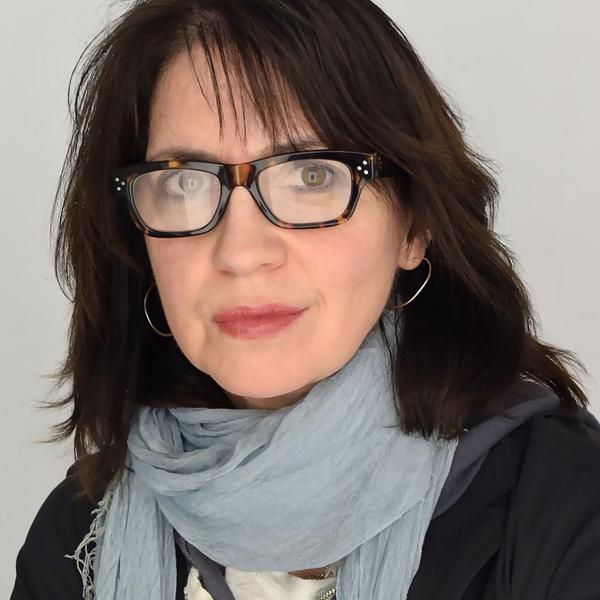
Discussion Topic: Attacks on Health Professionals
The targeting of health care professionals, including in situations of conflict and crisis, is a significant human rights concern that warrants greater global attention. We have put together a collection of resources regarding attacks on health care professionals to assist in hosting a discussion on this issue.
Teaching Human Rights
Teaching Human Rights
Dr. Max Perutz, a molecular biologist and 1962 Nobel Laureate in Chemistry, worked closely with the Committee on Human Rights (CHR) for many years to help address instances of human rights abuse against scientific colleagues. He was a co-founder of the International Human Rights Network of Academies and Scholarly Societies (IHRN), for which the CHR serves as secretariat. In his article, By What Right Do We Invoke Human Rights? (Download PDF), Dr. Perutz explores the historical and legal grounds by which we invoke human rights. This article was originally published in the Proceedings of the American Philosophical Society in 1996.
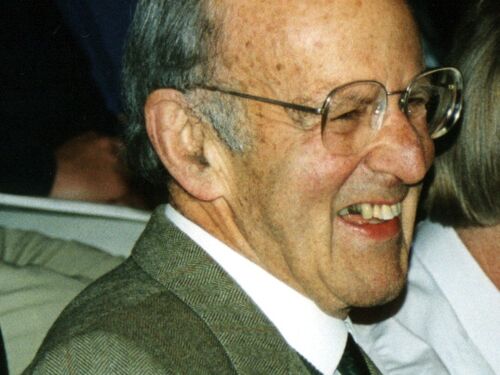
4) Notify Human Rights Monitoring/Advocacy Bodies if you Suspect Rights Violations
Where to Report Human Rights Abuses?
The organizations below advocate in support of colleagues subjected to human rights abuses. Suspected violations can be reported through the email addresses/submission forms provided.
For information on organizations monitoring violations of academic freedom and scientific independence, consult our resources on free speech and censorship above.
The Committee on Human Rights
The Committee on Human Rights of the National Academies of Sciences, Engineering, and Medicine (CHR) advocates in support of scientists, engineers, and health professionals worldwide. You can report a violation to the CHR by completing this online submission form, emailing chr@nas.edu, or by calling 1 (202) 334-3043.
The International H.R. Network of Academies and Scholarly Societies
The International Human Rights Network of Academies and Scholarly Societies (IHRN) works to address grave issues involving science and human rights, particularly cases of scientists, scholars, engineers, health professionals, and scholars around the world who are subjected to severe repression solely for having nonviolently exercised their rights under the Universal Declaration of Human Rights. You can report a violation by emailing hrnetwork@nas.edu.
See Also

5) Urge Your Institution to Assist Colleagues Fleeing Persecution Through Fellowships and Other Means
6) Learn More about Human Rights and Academic Freedom around the World
Members of the U.S. National Academies are encouraged to contact the CHR at chr@nas.edu for information on human rights conditions, including in destination countries when planning travel.
Research the Human Rights Situation
Locate Your Embassy
When traveling, keep contact details of your home country’s embassy. Information about U.S. and other embassies worldwide can be accessed through the links below.
United States Embassies and Consulates (from the U.S. Department of State)
EmbassyPages Directory of Embassies, Consulates, and Other Diplomatic Representations
7) Write to U.S. and International Officials in Support of Colleagues
Monitor for Case Alerts and Updates
Alerts Concerning Colleagues
These organizations issue alerts and updates on cases of colleagues under threat. Visit their websites to sign up for case alerts concerning colleagues.
The Committee on Human Rights (CHR) (for members of the U.S. National Academy of Sciences, National Academy of Engineering, and National Academy of Medicine) - Visit CHR correspondent sign-up form.
General Alerts
These organizations also issue alerts and updates on urgent human rights cases. Click on the links below to sign up for case alerts:
Write in Support of Colleagues
Many of the organizations above provide suggested language for appeal letters and relevant contact information in their alerts. For more information, see the resources below:
Write to Government Officials
For up-to-date contact details and information on foreign heads of state and other officials, please contact us at chr@nas.edu.
Executive Branch Officials
The White House
List of U.S. Cabinet Members (from The White House)
Diplomatic Officials
List of Embassies, Consulates, and Diplomatic Missions (from the U.S. Department of State)
Legislative Branch Officials
U.S. House of Representatives: "Find Your Representative" Search Tool
U.S. Senate: "Find Your Senator" Search Tool
Tom Lantos Human Rights Commission (U.S. House)
Human Rights Caucus (U.S. Senate)
8) Stay Informed by Attending Human Rights Events
Visit our events page to learn about upcoming CHR events. You can view a broader array of upcoming human rights-related events in the most recent issue of our monthly newsletter or join our mailing list.
Discover
Events
Right Now & Next Up
Stay in the loop with can’t-miss sessions, live events, and activities happening over the next two days.
NAS Building Guided Tours Available!
Participate in a one-hour guided tour of the historic National Academy of Sciences building, highlighting its distinctive architecture, renowned artwork, and the intersection of art, science, and culture.